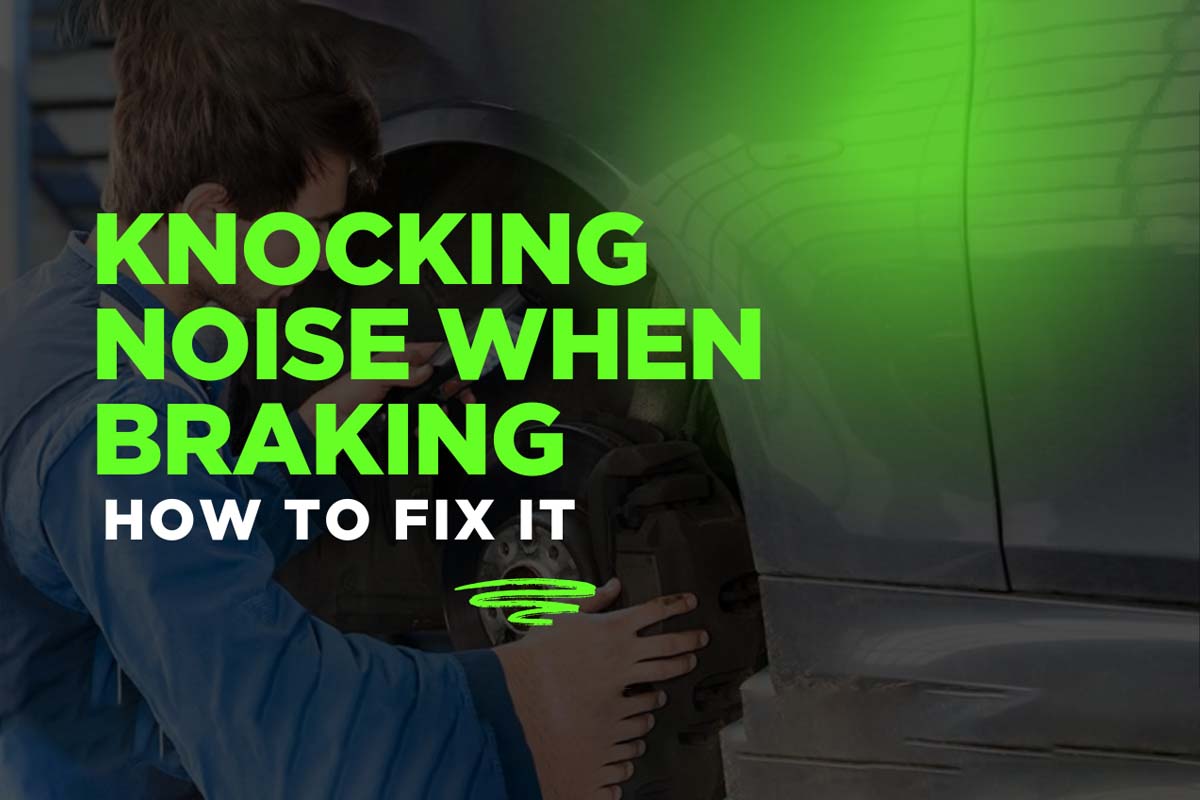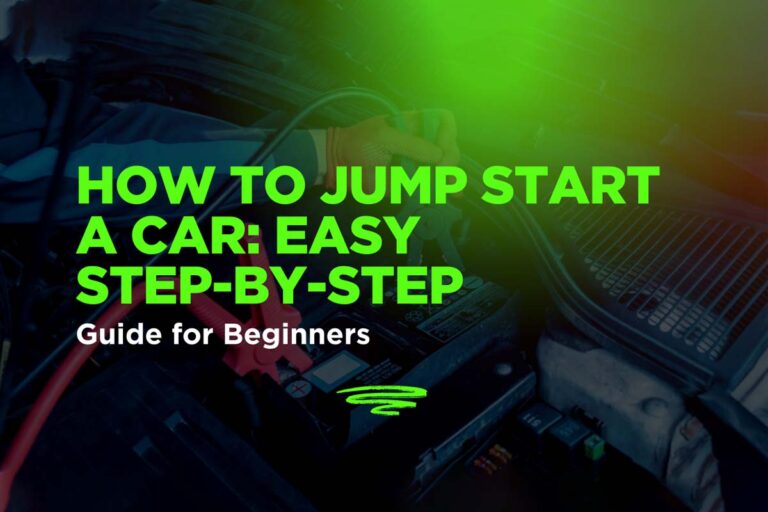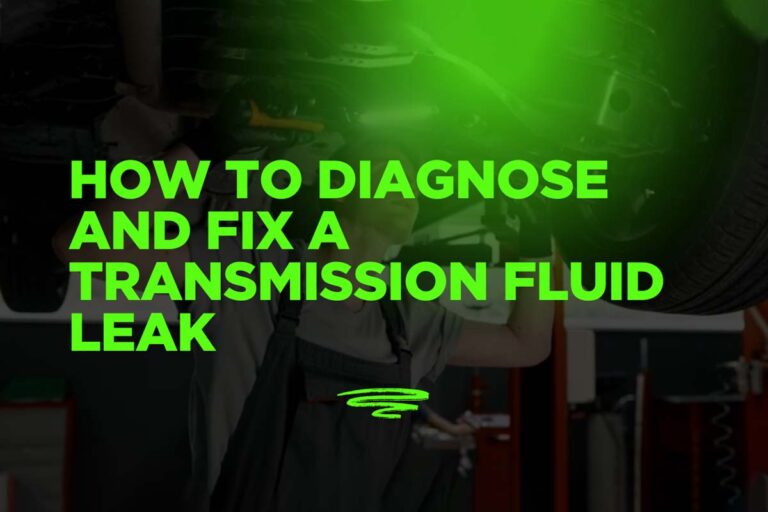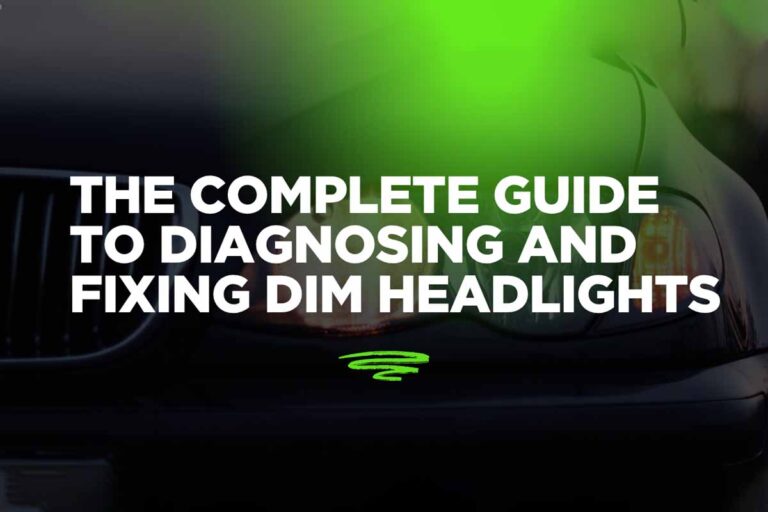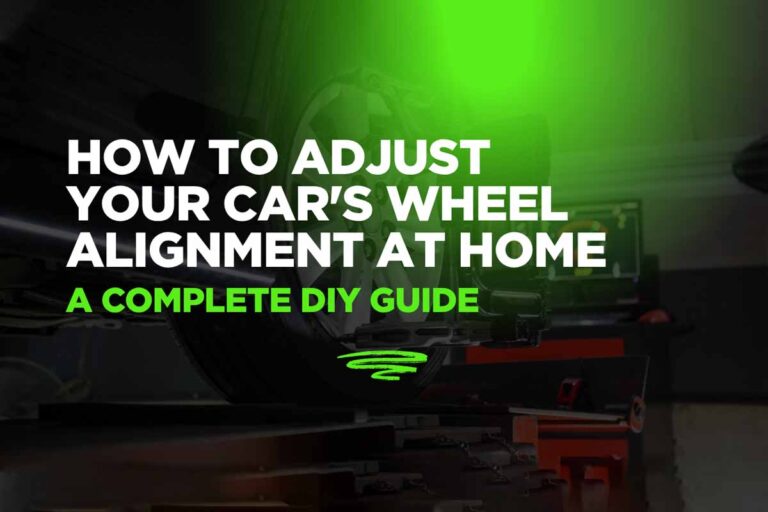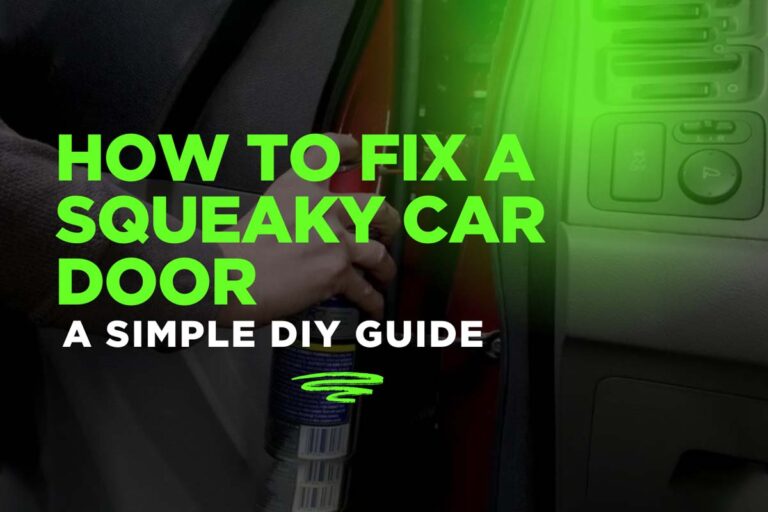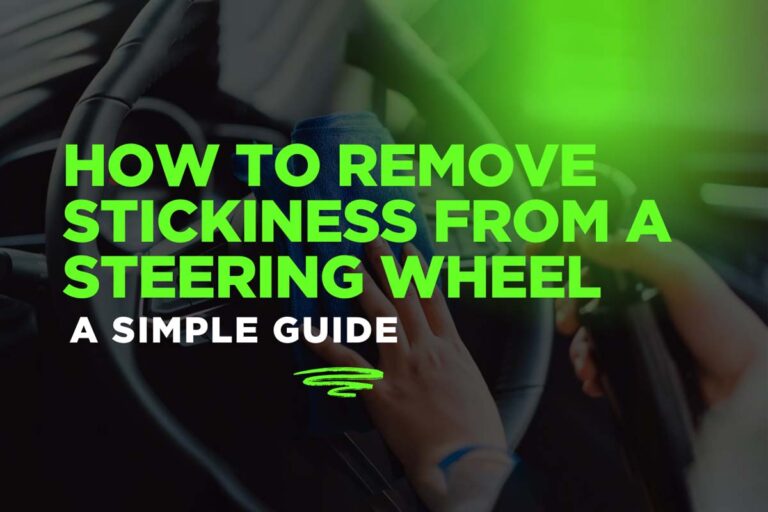How to Fix a Knocking Noise When Braking
When you buy a car, you expect it to run smoothly without issues for years. However, over time, wear and tear can cause small problems, like your engine overheating or electrical systems acting up. One common issue many drivers face is a knocking or clunking noise when braking, especially at low speeds. This noise can be caused by several things, such as worn-out suspension parts, loose brake calipers, or misaligned brake pads. While these issues can be fixed with a visit to an auto shop, understanding what’s causing the noise can help you take action sooner. Let’s dive into the causes of this annoying sound and how you can fix it — whether you’re tackling it yourself or seeking professional help.
What Is a Knocking Noise When Braking?
A knocking or clunking noise when braking is a common issue caused by various problems, such as worn-out suspension parts like control arms and bushings, worn brake pads, or loose wheel nuts. If you hear this noise, it’s important to fix it as soon as possible to avoid further damage. You can try applying less pressure to the brake pedal, driving slowly, or practicing handbrake turns to see if the noise continues. Also, check your brakes for wear and replace any damaged parts. Make sure your brake pads are properly aligned with your rotors, and top off the brake fluid if it’s low. If these steps don’t work, it’s best to consult a professional mechanic to handle the issue.

Common Causes of Knocking Noise When Braking
There are several reasons why your car might make a knocking noise when braking:
Worn Brake Pads: Over time, brake pads wear out and can cause noise when braking.
Loose or Damaged Brake Calipers: If the calipers that hold the brake pads are loose or damaged, they can make a knocking sound.
Warped Brake Rotors: If the brake rotors are uneven or warped, they can cause a clunking noise when the brakes are applied.
Loose Suspension or Steering Components: Loose parts in your suspension or steering system can lead to a knocking sound when braking.
Worn Bushings or Control Arms: These parts help support the suspension and steering system. When they wear out, they can cause noises when braking.
Debris Between Brake Components: Small stones or dirt trapped between the brake parts can create a knocking sound when you brake.
How to Diagnose the Knocking Noise
If you hear a knocking noise when braking, you can follow these steps to figure out the cause:
- Visual Inspection of Brake Components: Look at the brake pads, calipers, and rotors for any visible damage or wear.
- Listen While Driving at Low Speed: Drive slowly and listen carefully to see if the noise happens only when braking or at other times, like turning.
- Check When the Noise Happens: Pay attention to when the knocking occurs — is it while you’re braking, turning, or just driving slowly?
- Use a Jack to Check Wheel Play: Lift the car with a jack and check if there’s any play or movement in the wheels. This can help you find loose parts.
If these steps don’t help you identify the problem, or if you feel unsure, it’s a good idea to consult a mechanic. They can do a more thorough inspection and fix the issue safely.
How to Fix the Knocking Noise
If you’ve identified the cause of the knocking noise, here’s how you can fix it:
- Replace Worn Brake Pads: If your brake pads are worn out, replace them with new ones. This is one of the most common fixes and can cost around $100 to $300 depending on the car and parts used.
- Tighten or Replace Brake Calipers: If the brake calipers are loose or damaged, tighten them or replace them. This can cost around $150 to $300 for parts and labor.
- Resurface or Replace Rotors: If the brake rotors are warped or damaged, they can either be resurfaced or replaced. Resurfacing costs around $50 to $100 per rotor, while replacement can range from $150 to $300.
- Inspect and Replace Suspension Components: If your suspension or steering parts are causing the noise, they may need to be replaced. This could include control arms, bushings, or other components. The cost for suspension repairs varies, typically ranging from $200 to $600 or more depending on the parts.
If you’re doing these repairs yourself, you can save on labor costs. However, if you’re not comfortable with DIY work, it’s best to consult a mechanic.
Preventing Future Brake Noises
To avoid future brake noises, it’s important to stay on top of regular brake inspections. Having your brakes checked by a mechanic at least once a year can help catch any issues early. Additionally, make sure the brake components are properly installed to prevent any misalignment or damage. Lastly, don’t ignore small brake noises — even if they seem minor, they could be signs of a bigger issue. Addressing small problems early can save you money and ensure your car remains safe on the road.
Conclusion
Identifying and fixing brake noises early is crucial for your safety on the road. Ignoring these sounds can lead to more serious problems, which might be expensive to repair. By staying on top of brake maintenance and addressing any issues right away, you can keep your car running smoothly and safely. Regular inspections and timely repairs are key to preventing brake issues and ensuring you drive with confidence.
